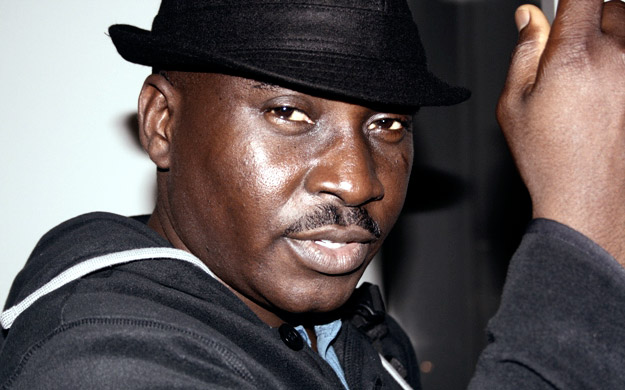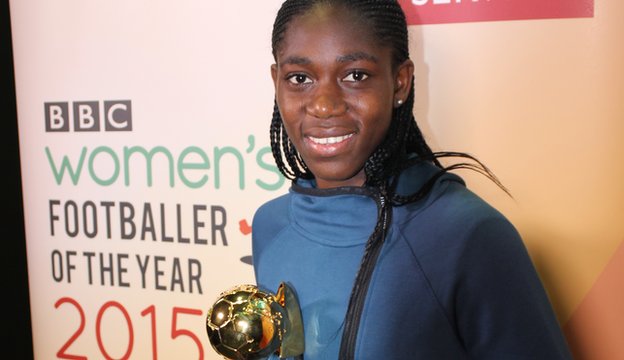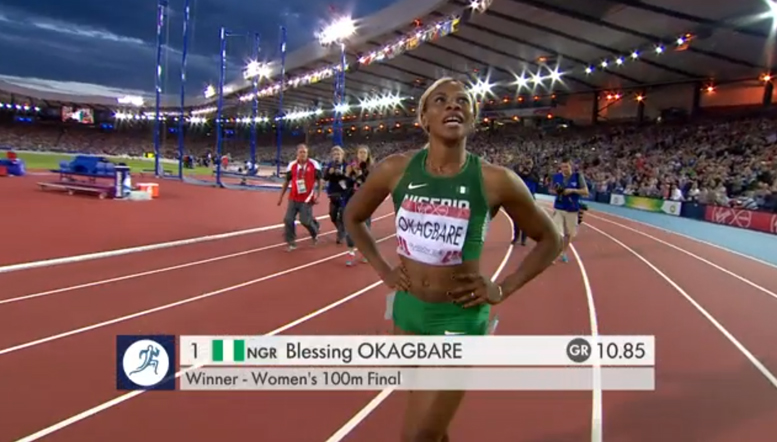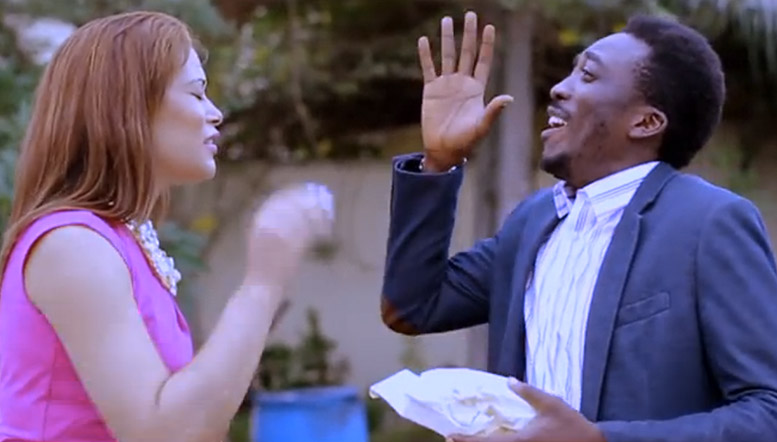
Wole Oguntokun
There are very few people I can genuinely say inspire me to write, Wole Oguntokun is one of those few. Wole has an incredible, probably insatiable, passion for the written word, he would often find joy in the somewhat insignificant arrangement of text that only the eye (or ear) of a skilled reader would garner. Its my pleasure to have Wole as ‘PRIDE NIGRIA’s’ first spotlight.
PNGR: Tell us a bit about yourself, starting with your name and where were you born?
WO: My name is Wole Oguntokun, a stage, television and film director. I was born and raised in Lagos. I’m known as a playwright as well. I have written a column in the Guardian known as “The Girl Whisperer” for three and a half years. I initiated and produce the “Theatre @ Terra”, Nigeria’s most consistent venue for theatre based in Terra Kulture, Victoria Island. I’ll be producing my first release for the cinemas next year, based on one of my plays, “The Other Side”. Some of the plays I have written are “Who’s afraid of Wole Soyinka?”, “Piper, Piper”, “Ajai the boy slave” (based on the life of the first black African Bishop-Samuel Ajai Crowther), “Prison Chronicles”, “Anatomy of a Woman”, “The Inheritors”, “The Sound and the Fury”, “ I was Head-Writer of “The V. Monologues”, the Nigerian version of the Vagina Monologues and I directed the maiden performance of that production. I also wrote a male version of the Monologues – “The Tarzan Monologues” which has since fused with the V Monologues to become “The Ultimate Face-Off” repeatedly presented in Nigeria and in Ghana. My productions have featured some of the continent’s finest including Taiwo Ajai Lycett, Joké Silva, Bimbo Manuel, Bimbo Akintola, Yinka Davies, Carol King, Iretiola Doyle, Kate Henshaw-Nuttall and Stella Damasus.
PNGR: What are your earliest memories of Life in Nigeria?
WO: I grew up in a good place. It was middle-class Nigeria, and values were important. People were respected for their merits, for hard work. I grew up where strangers could ask you why you wandering the streets during school hours. You could hire a bicycle with your friends and ride through quiet streets. The fences were low and neighbours looked out for each other. I grew up in a land that knew the importance of education, where comics were cheap and laughter was free. It was a very good place to grow up in. I hope this country returns to where it used to be.
PNGR: I know you have a Masters in Law, where did drama come from?
WO: I have two Masters’ degrees, actually, one in Law and the other in Humanitarian and Refugee Studies, both from the University of Lagos. Drama has always been a major part of my life, I took major parts in plays in primary school and my first “Executive Producer” was Bunmi Thanni, when I was ten (She was only a year or two older). She’d organize little sketches in front of her home and three or four people would gather to watch. I was part of my secondary school’s (Baptist Academy) drama club and when I was admitted to the Obafemi Awolowo University for my first degree, I joined a fellowship (C.L.F.) that had a very active drama unit. By the time I graduated, I knew drama was the only way forward for me.
PNGR: What are the challenges you face in Nigeria and how do you overcome them?
WO: A lack of infrastructure is a major challenge in Nigeria. The United Kingdom and Germany, for instance, have hundreds of theatres, production houses dotting the landscape. Here, they are very few and far between and where available, highly expensive. The Royal Opera House in London has 90 million pounds sterling to spend yearly (thirty million from the government, thirty million from its benefactors and another thirty million from the revenue it generates). Nigeria? There are still things we have to get right.
PNGR: Describe the Nigerian theatre landscape, and how can it improve?
WO: The Theatre landscape here is one that looks like it just survived a major war. Its survivors are few and far between. In a country that is run mainly by government support, it’s surprising there is so little made available for the arts. The official administrators should be people who understand what the terrain is like and not those given positions as political compensation.
As for the practitioners, they must be ready to put their money where their mouths are. If you believe in what you’re doing, lead by financial example.
PNGR: What advice can you give any budding writer, actor or Directing looking to go into the Dramatic arts?
WO: Exactly what Wole Soyinka told me twelve years ago, “Writers go hungry”. Anyone in this must be ready for the long haul, not just be in it for a quick fix. Like all things, it needs careful planning, but it can be very rewarding.
PNGR: Nigeria was 50 on the 1st of October, what are your thoughts so far?
WO: “Never say die. Up, Man, and try!”






